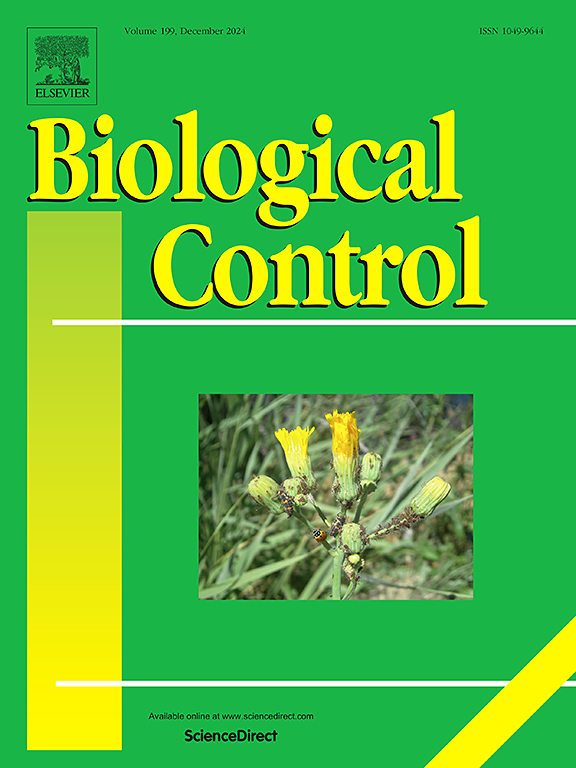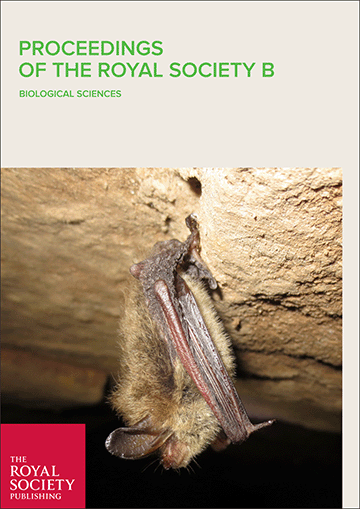Reducing emissions from deforestation and degradation (REDD+) has gained increasing global attention because of its potential to reduce carbon emissions and improve forest governance. Reducing emissions from deforestation and degradation requires successful inclusive decision making and accountability. However, there have been limited empirical studies that examine the effectiveness of the current participatory mechanism used in REDD+. Our research analyzes the participation of policy actors in the development of the REDD+ instrument in Vietnam. We are interested in how the political context and the different interests of actors influence the degree of participation in national REDD+ policy decision making. We explored participation through the analysis of the mechanisms, e.g., how actors involve and participate in decision making, and dynamics of participation, e.g., highly centralized policy event vs. donor led event. The study aims to answer three research questions: (1) Who is involved in national REDD+ policy making and what are their interests in participating in core political events? (2) What level of participation do the different political actors have in core political events? and (3) To what extent do the outcomes, e.g., regulations and strategies, of REDD+ policy events incorporate different preferences of policy actors? Our findings highlighted the dominant role of government agencies in REDD+ policy making, which leaves limited political space for nonstate actors, e.g., NGOs and civil society organizations (CSOs), in Vietnam to exert an influence on the final policy outputs. Even in this highly centralized context, however, we found evidence to suggest that some political space in decision making is given to nonstate actors. Within this space, such actors are able to propose alternative policy options. Ensuring inclusive decision making and accountability in the Vietnam context requires a shift in current governance from traditional top-down approaches to a more participatory form of decision making.
Download:
DOI:
https://doi.org/10.5751/ES-06389-190222
Altmetric score:
Dimensions Citation Count:

























